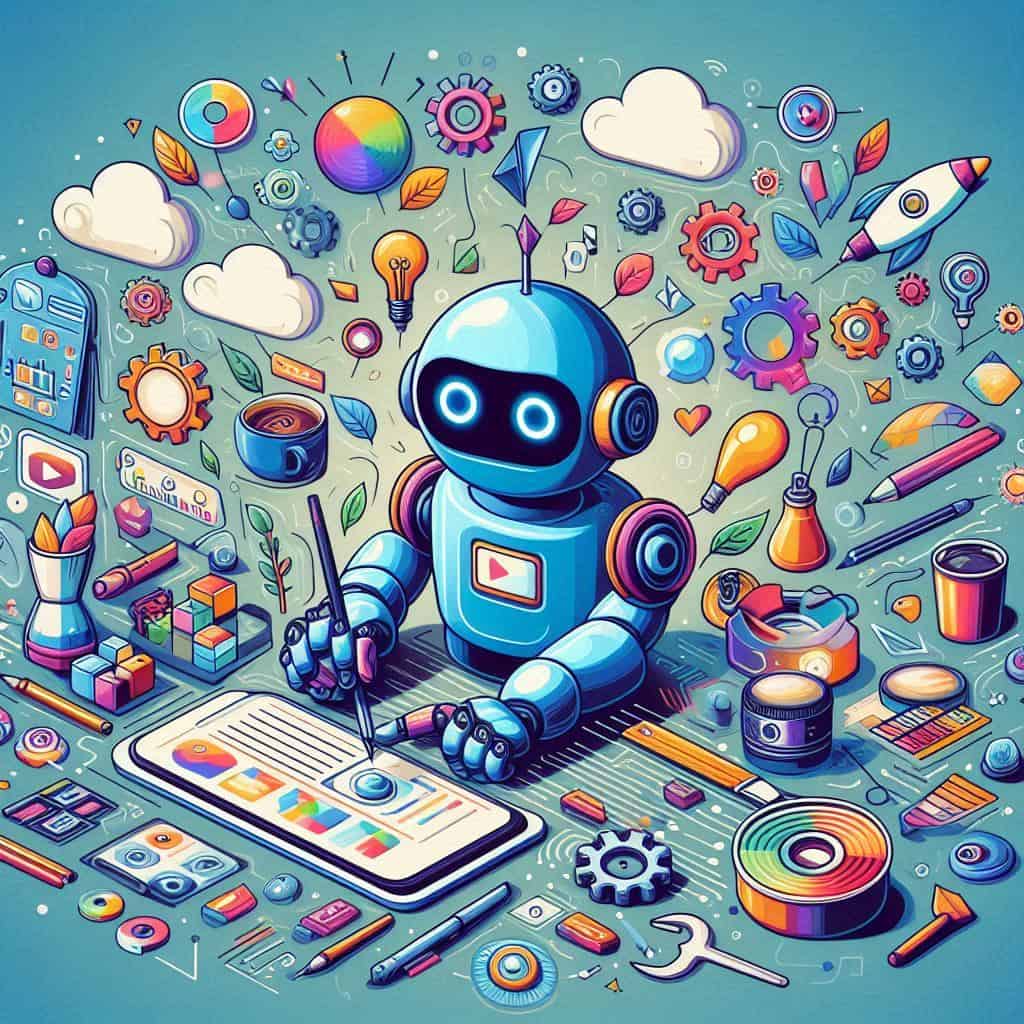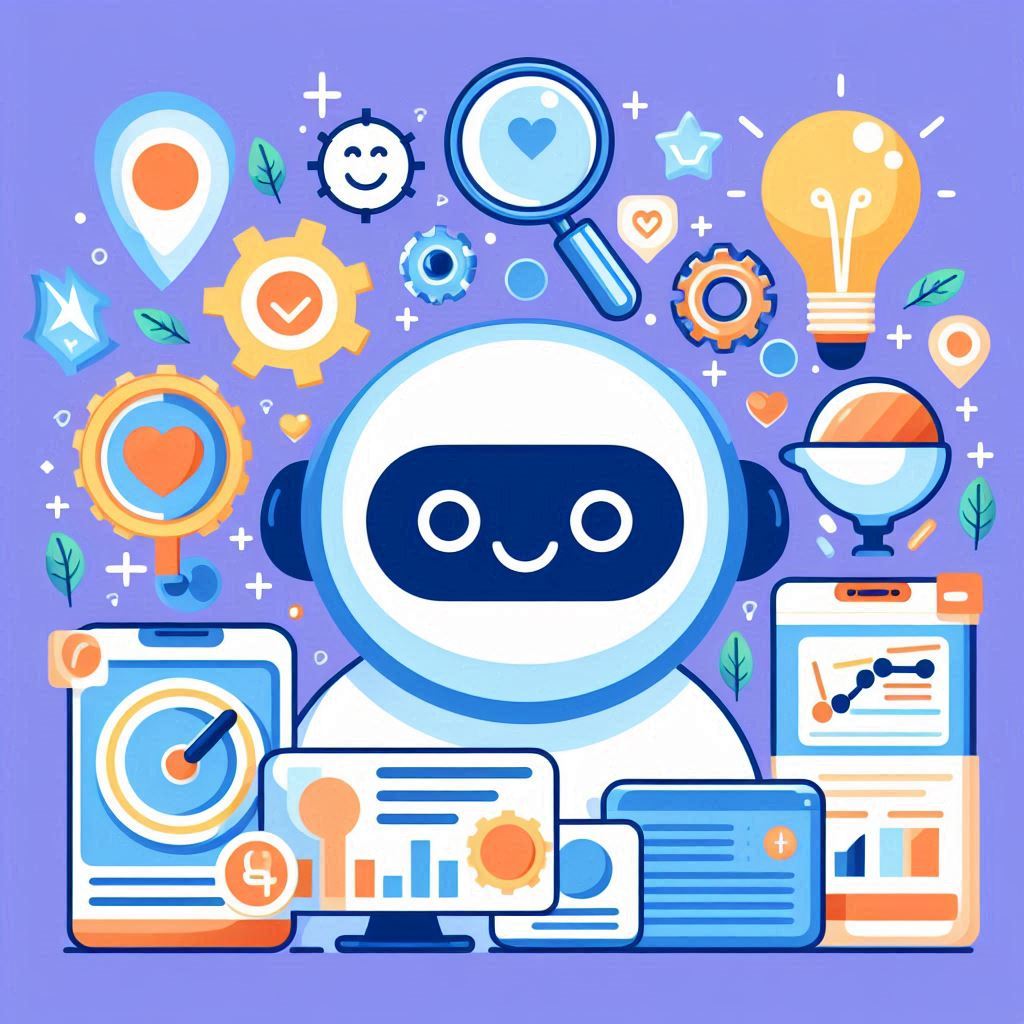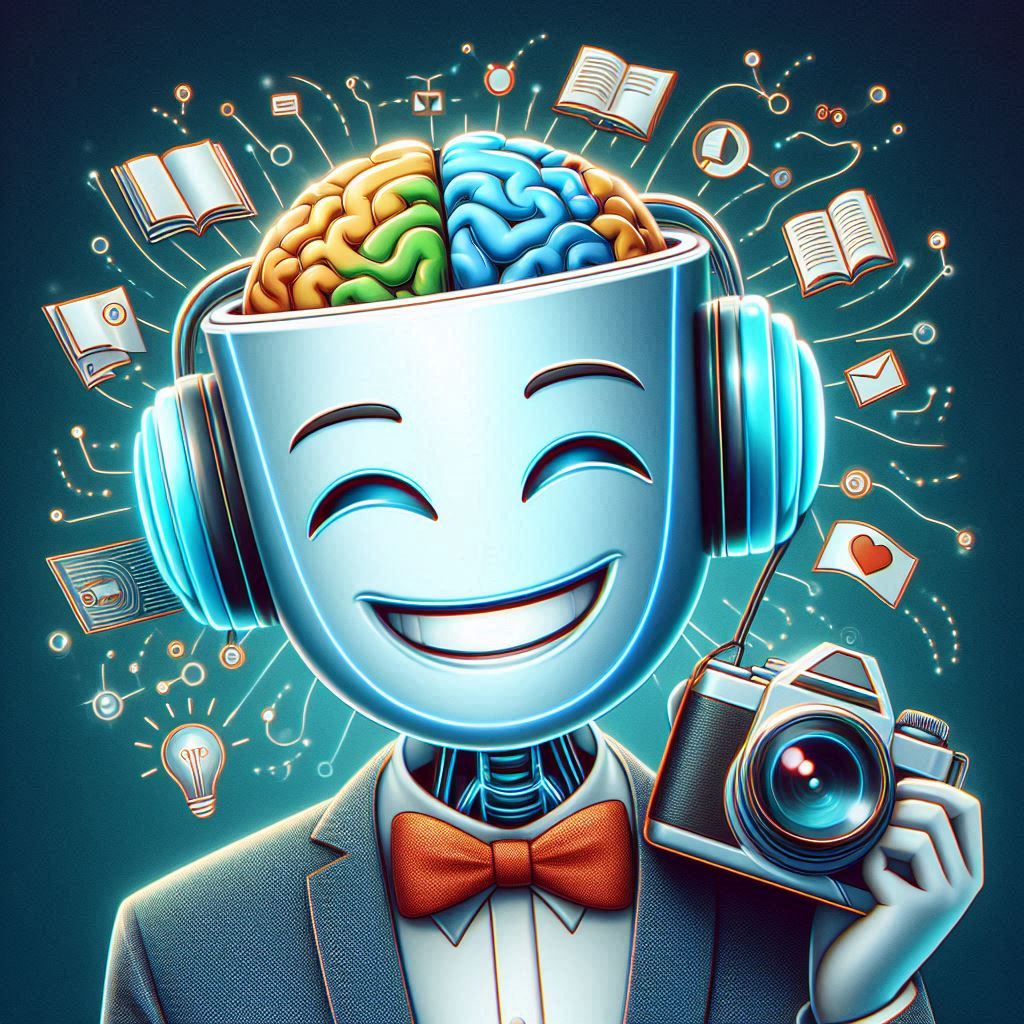
How to Write a Book Quickly Using AI: A Comprehensive Guide
- Getting Started with AI Book Writing

The world of writing is being revolutionized by artificial intelligence (AI). While the idea of machines writing novels might have once seemed like science fiction, it’s now a reality. AI book writing tools are rapidly evolving, offering authors powerful new ways to create, enhance, and market their stories. This comprehensive guide will explore how you can leverage AI to write a book, covering everything from understanding the different types of tools to addressing ethical considerations and exploring the future of this exciting technology.
Understanding AI Book Writing Tools
An AI book writer is a software program that utilizes artificial intelligence and machine learning algorithms to generate text. These algorithms are trained on vast amounts of data, allowing them to learn patterns in language, structure, and storytelling. This enables AI book writers to perform a variety of tasks, from helping you brainstorm ideas to drafting entire chapters.
Types of AI Writing Tools for Book Writing
- Content Generators: These tools can generate text on a variety of topics based on prompts you provide.
- AI Story Writers: These tools are specifically designed to assist with fiction writing, helping to develop plots, characters, and dialogue.
- Editors: AI-powered editors can help you refine your writing by identifying grammar errors, stylistic inconsistencies, and areas for improvement.
- Research Assistants: These tools can help you quickly gather information on a variety of topics, saving you time and effort during the research phase.
- Plot Generators: These tools can help you brainstorm new plot ideas or expand on existing ones.
Popular AI Book Writing Platforms
- Jasper: Known for its user-friendly interface and versatile content creation capabilities, Jasper is a great option for both fiction and non-fiction writers.
- Sudowrite: This AI story writer focuses on helping authors craft compelling narratives.
- Rytr: A versatile AI writing tool that’s great for generating blog posts, marketing content, and even short stories.
- ChatGPT: A powerful language model developed by OpenAI, ChatGPT excels at generating text and providing creative writing prompts.
- Writesonic: Designed for general content creation, but also helpful for research and gathering information.
- Squibler: Offers features for outlining, character development, and collaboration.
- Simplified: Combines AI writing with other tools for marketing and content creation.
- Neuroflash: Assists with various aspects of book writing, including idea generation and content creation.
Benefits of Using AI for Book Writing
AI book writing tools offer numerous advantages that can enhance your writing process:
- Increased Speed and Efficiency: AI can significantly speed up various writing tasks, allowing you to focus more on the creative aspects of your story.
- Overcoming Writer’s Block: AI tools can help spark new ideas and suggest plot twists.
- Enhanced Creativity: AI can offer fresh perspectives and unexpected suggestions.
- Improved Quality and Consistency: AI editors can help catch grammar errors and ensure consistent style.
- Personalized Writing Experience: Some AI tools learn from your writing style and preferences.
- Accessibility and Convenience: AI writing tools are available anytime, anywhere.
Step-by-Step Guide: How to Write a Book with AI
1. Conceptualize Your Book
- Define Your Genre and Target Audience: Choosing a genre and understanding your target audience are essential first steps.
- Develop Your Book Idea: Brainstorm different book concepts using AI tools for inspiration.
- AI for Research and Information Gathering: Use tools like ChatGPT to quickly find information relevant to your book.
2. Outlining and Structure
- Create a Detailed Outline: Break down your story into chapters, scenes, and plot points.
- Leveraging AI for Plot Development: Use AI to brainstorm potential plot twists and conflicts.
- AI-Assisted Character Development: AI can help you create well-rounded characters.
3. Drafting Your Manuscript
- Generating Text with AI: Start drafting your manuscript using AI writing tools.
- Tips for Writing Effective Prompts: The quality of AI-generated text depends on the clarity of your prompts.
- Dictation and Transcription: Consider using voice-to-text tools to dictate your story.
4. Editing and Refining Your Book
- AI-Powered Editing Tools: Utilize grammar and style checkers to polish your prose.
- Human Editing: A human editor is crucial for comprehensive feedback.
- AI for Beta Reading and Feedback: Use AI tools to analyze your manuscript for pacing and readability.
5. Visuals and Design (Optional)
- Creating Covers with AI: Use AI image generation tools to create unique cover designs.
- AI for Interior Design: Create visuals or illustrations to enhance your book’s interior design.
6. Publishing and Marketing
- AI for Book Descriptions and Marketing Copy: Craft compelling book descriptions using AI tools.
- AI-Powered Marketing Platforms: Utilize AI to target ads to potential readers.
Addressing Ethical and Legal Considerations
As with any new technology, AI book writing raises important ethical and legal questions:
- Plagiarism Concerns: Ensure that AI-generated content is original.
- Bias in AI Output: Be mindful of biases in AI-generated text.
- Copyright Issues: Stay informed about copyright developments related to AI.
- AI Hallucinations: Always double-check information generated by AI.
- Emphasize Responsible AI Use: Use AI as a tool to enhance creativity, not replace it.
The Future of AI in Book Writing
AI is rapidly transforming the writing and publishing landscape. Here are some glimpses into the future:
- Evolving Capabilities: AI models are continuously improving.
- Collaboration Between Human and AI Authors: More collaboration between human and AI authors may emerge.
- Personalized Storytelling: AI could tailor book content to individual reader preferences.
- Transformation of the Publishing Industry: AI could impact various aspects of publishing.
Conclusion
AI writing tools have the potential to revolutionize the way we write and publish books. They offer numerous benefits, but it’s important to use these tools responsibly and ethically. By embracing AI as a creative partner, authors can unlock new possibilities and tell their stories in innovative ways.
FAQs
- Is it ethical to use AI to write a book? The ethical considerations depend on how the technology is used.
- Who owns the copyright to a book written by AI? Copyright law surrounding AI-generated content is still being developed.
- Will AI replace human authors? It’s unlikely that AI will replace human authors entirely.
AI Book Writer FAQ
- What is an AI book writer? An AI book writer is a software program that uses artificial intelligence to help write a novel.
- How does an AI book writer work? AI book writers are powered by complex algorithms that recognize patterns in language.
- What are the benefits of using an AI book writer? AI book writers offer several advantages, including increased writing speed and idea generation.
Practical Training: Using Positive Reinforcement to Write a Book Quickly with AI
This training outlines how to use positive reinforcement to motivate
Share:


